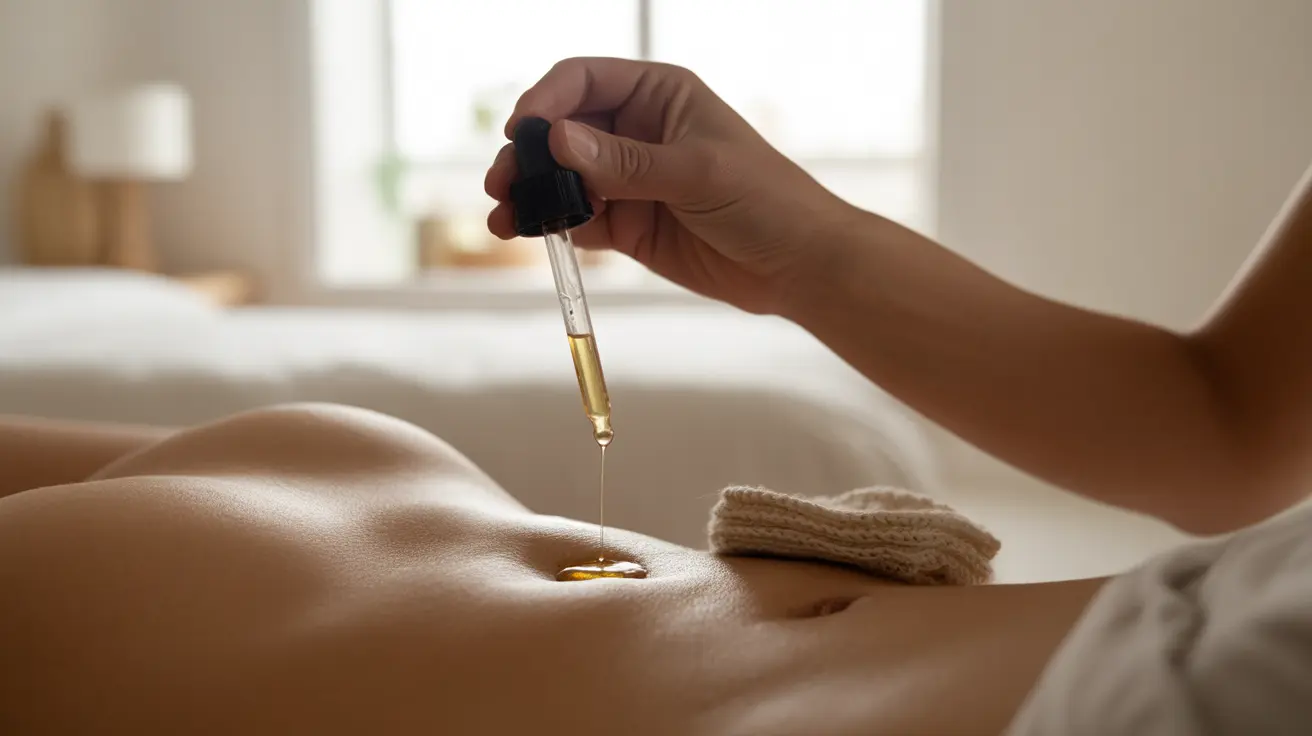Social media has recently popularized navel pulling, an alternative wellness practice that involves applying oils, particularly castor oil, to the belly button area. As this technique gains attention, many people are curious about its purported benefits for weight loss, digestion, and overall health. Let's examine the facts behind this trending practice and what science has to say about its effectiveness.
While navel pulling has roots in traditional medicine systems, it's essential to approach these claims with a balanced perspective, considering both potential benefits and limitations. This article will explore the evidence, safety considerations, and how this practice compares to established health interventions.
Understanding Navel Pulling
Navel pulling, also known as belly button oiling, involves applying therapeutic oils to the navel area, sometimes accompanied by gentle massage techniques. Practitioners typically use castor oil, though some variations incorporate other natural oils. The practice is based on the belief that the navel connects to various body systems and energy pathways.
The Science Behind Navel Applications
The human navel contains numerous nerve endings and is connected to blood vessels that were once vital during fetal development. While these connections no longer serve their original purpose, the area remains rich in nerve endings and blood vessels, which may explain why some people report feeling effects from navel applications.
Absorption Through the Navel
The skin around the navel isn't significantly different from other areas of the abdomen in terms of absorption capabilities. While some substances can be absorbed through the skin, there's no scientific evidence suggesting the navel is a particularly effective entry point for therapeutic substances.
Claims vs. Reality
Weight Loss Claims
Despite social media claims, there's no scientific evidence supporting navel pulling as an effective weight loss method. Sustainable weight loss typically requires a combination of proper nutrition and regular physical activity.
Digestive Health
While castor oil has been traditionally used for digestive issues, its effectiveness when applied to the navel specifically hasn't been scientifically validated. Any perceived benefits might be attributed to the general relaxation effects of massage or the placebo effect.
Safety Considerations
Before trying navel pulling, consider these important safety factors:
- Always use clean, high-quality oils
- Avoid the practice if you have skin sensitivities or open wounds
- Stop immediately if you experience any irritation
- Consult healthcare providers before trying new wellness practices
- Be particularly cautious if pregnant or have underlying health conditions
Frequently Asked Questions
Does navel pulling with castor oil actually help with weight loss or digestion?
There is no scientific evidence supporting navel pulling as an effective method for weight loss or improving digestion. While massage may temporarily relieve bloating, sustainable weight management requires proper diet and exercise.
What are the possible benefits and risks of applying castor oil to the belly button?
Possible benefits include temporary relaxation and moisturized skin. Risks include skin irritation, allergic reactions, and false hope in unproven health claims. Always perform a patch test before applying any new substance.
How does navel pulling compare to traditional methods for managing bloating or constipation?
Traditional methods like dietary changes, increased water intake, and regular exercise have proven effectiveness for managing bloating and constipation. Navel pulling lacks scientific evidence supporting its effectiveness compared to these established approaches.
Can navel pulling or navel oiling detoxify the body or improve hormonal balance?
There is no scientific evidence supporting claims that navel pulling can detoxify the body or affect hormonal balance. The body's natural detoxification systems primarily function through the liver and kidneys.
Is it safe to follow social media trends like navel pulling for health advice?
It's important to approach social media health trends with caution and skepticism. Always verify health claims with reliable medical sources and consult healthcare professionals before trying new wellness practices, especially those without scientific backing.




